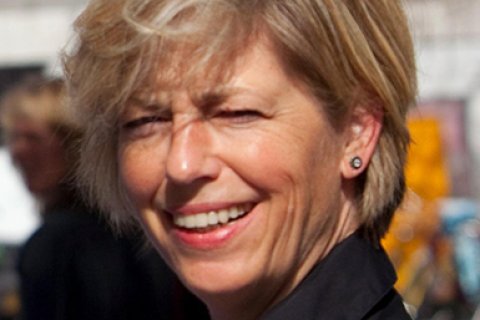Not shaking hands: a loss or a gain?

Since March 9th we officially stopped shaking hands. For many people, including Muslims, this is a relief instead of a loss: for many Dutch people shaking hands is a sign of respect, but for many Muslims it's not. Is this the new normal? Dr Annemeik Schlatmann (Philosophy and Religious Studies) wrote a blog about it for the research project 'Religious Matters in an Entangled World'.

Moderns norms and values
The habit of shaking hands has been a topic of discussion for years. After 2000, the Dutch open and tolerant atmosphere changed into a call for cultural adaptation and integration, combined with the rise of voices rejecting immigration and Islam. Schlatmann: "In this discourse all Dutch citizens, especially those with an immigrant background, are expected to adapt to the dominant norm, adopt ‘modern’ values and views, and show corresponding behavior".
The future
"The Coronavirus has, at least temporarily, put an end to the practice of shaking hands," Schlatmann writes "This raises the question what will happen to this practice once the Coronavirus is over." Now that almost everyone is used to a world in which we do not shake hands, it is a small step to maintain this habit, so that not only the majority, but also minorities in our country are taken into account.

